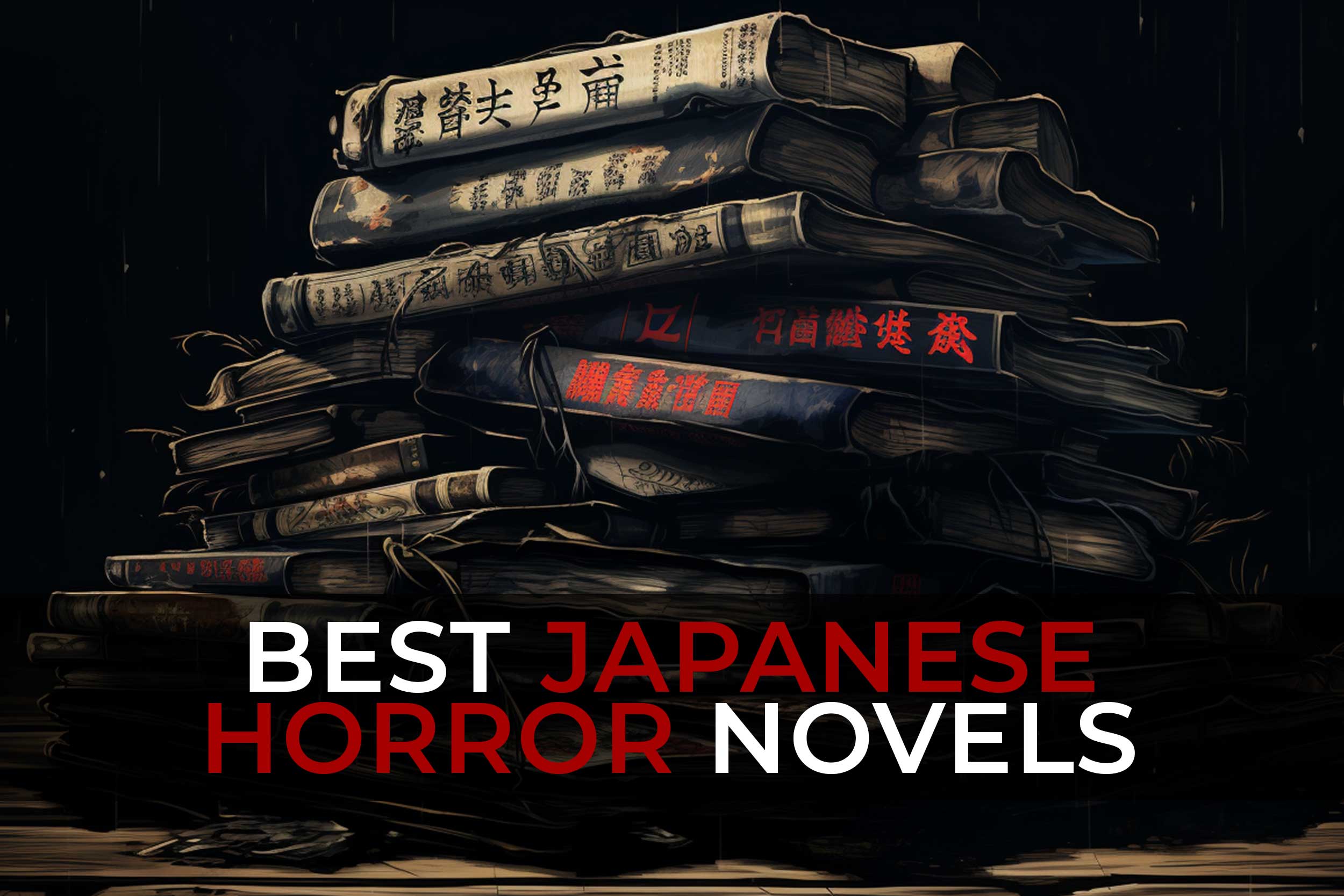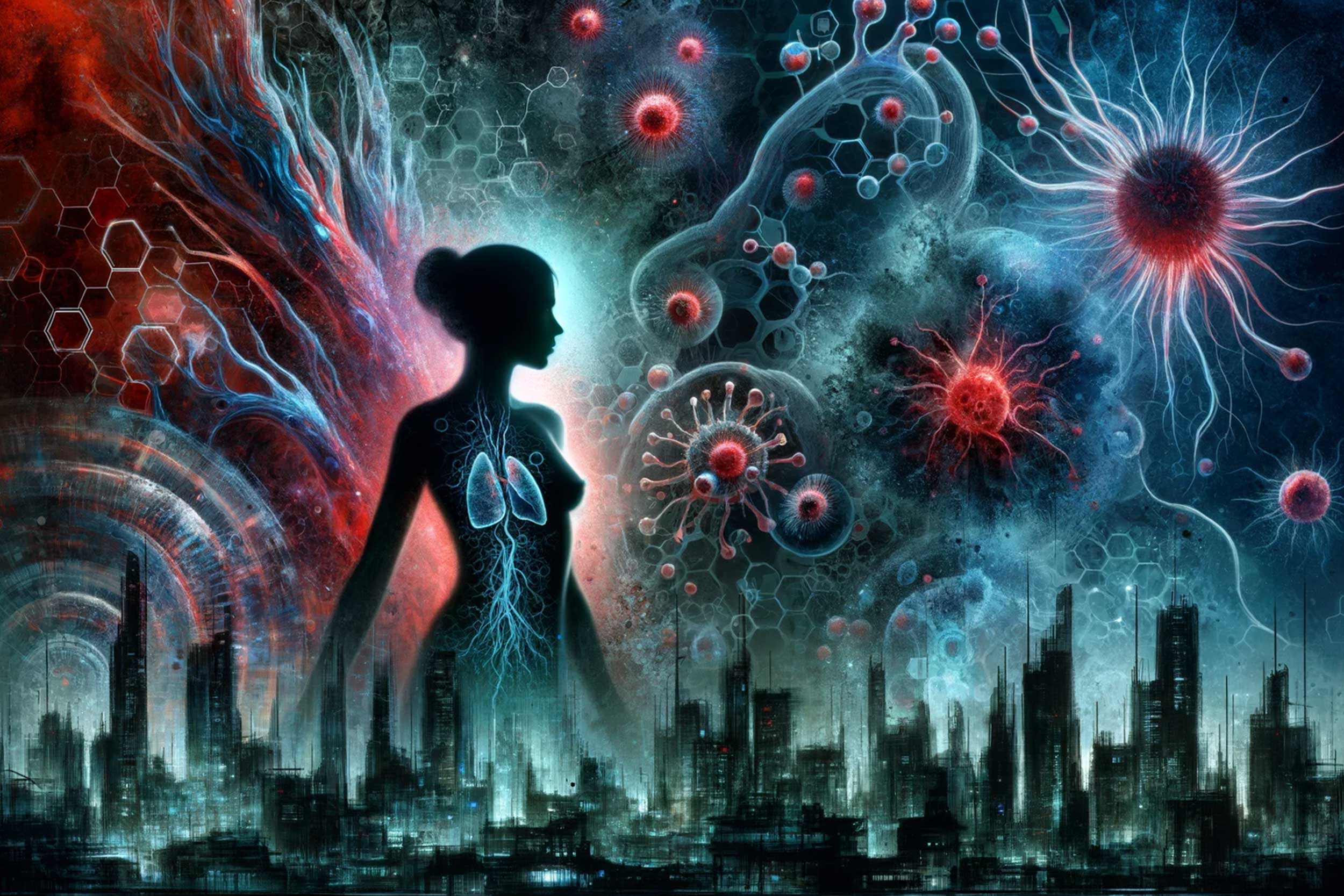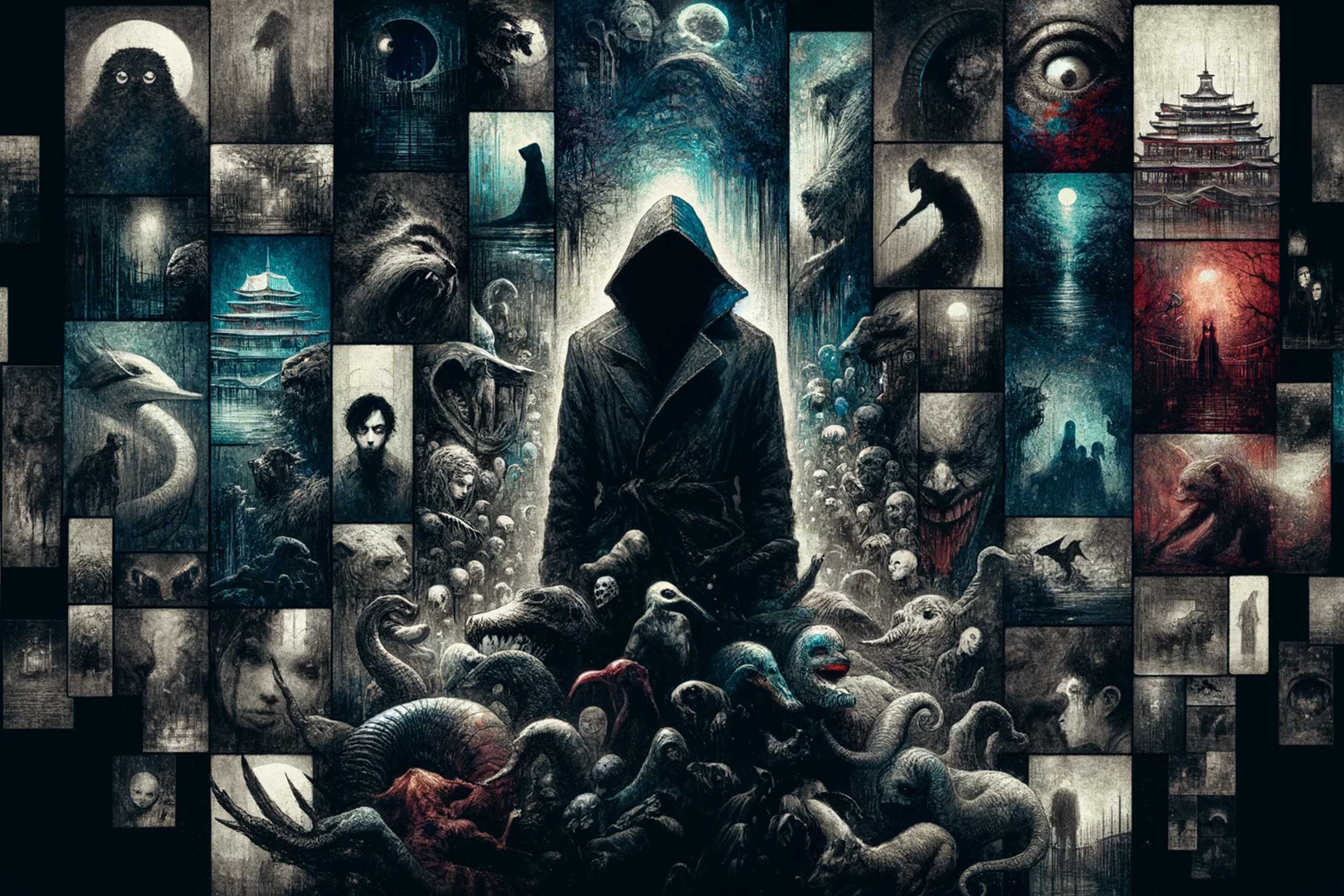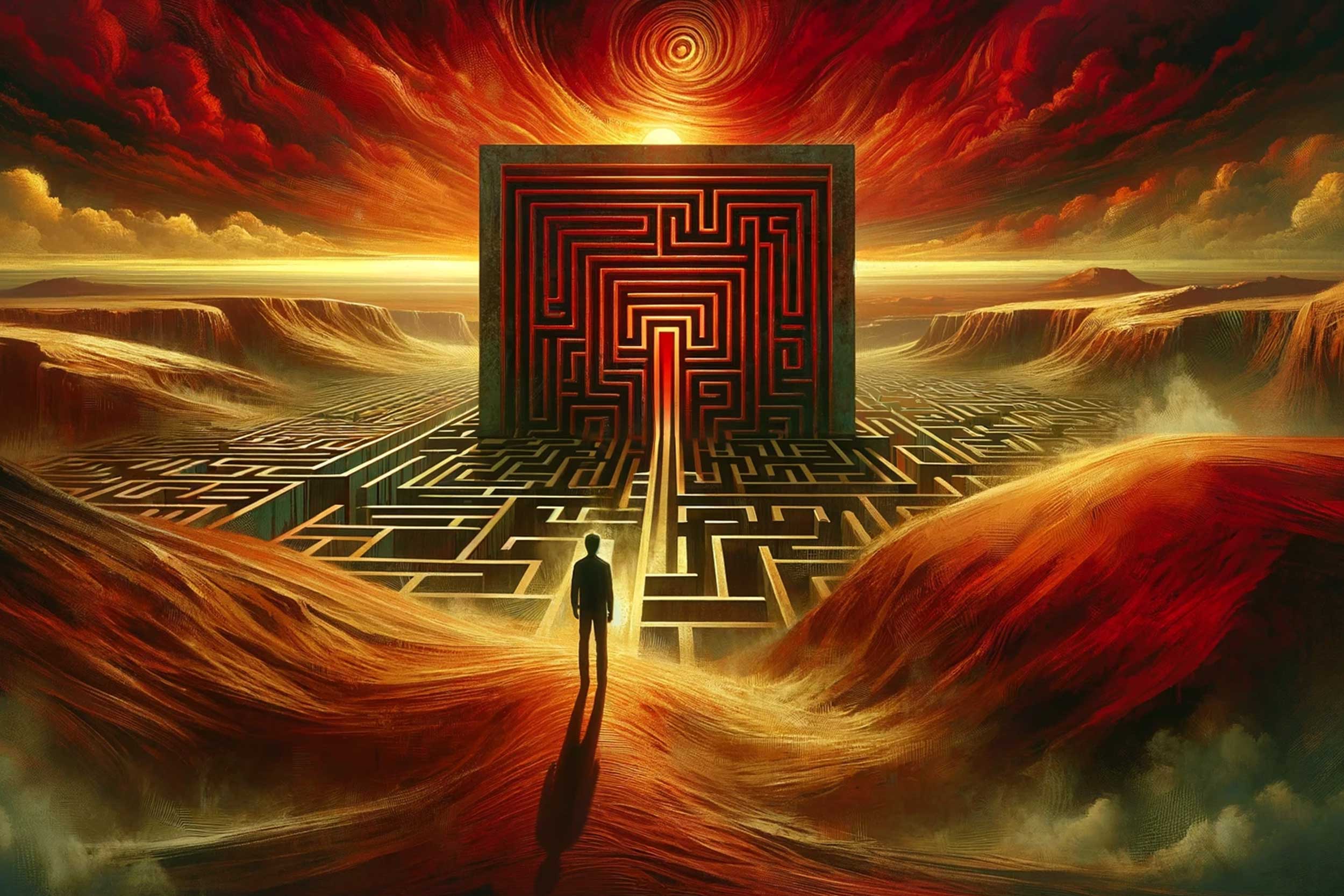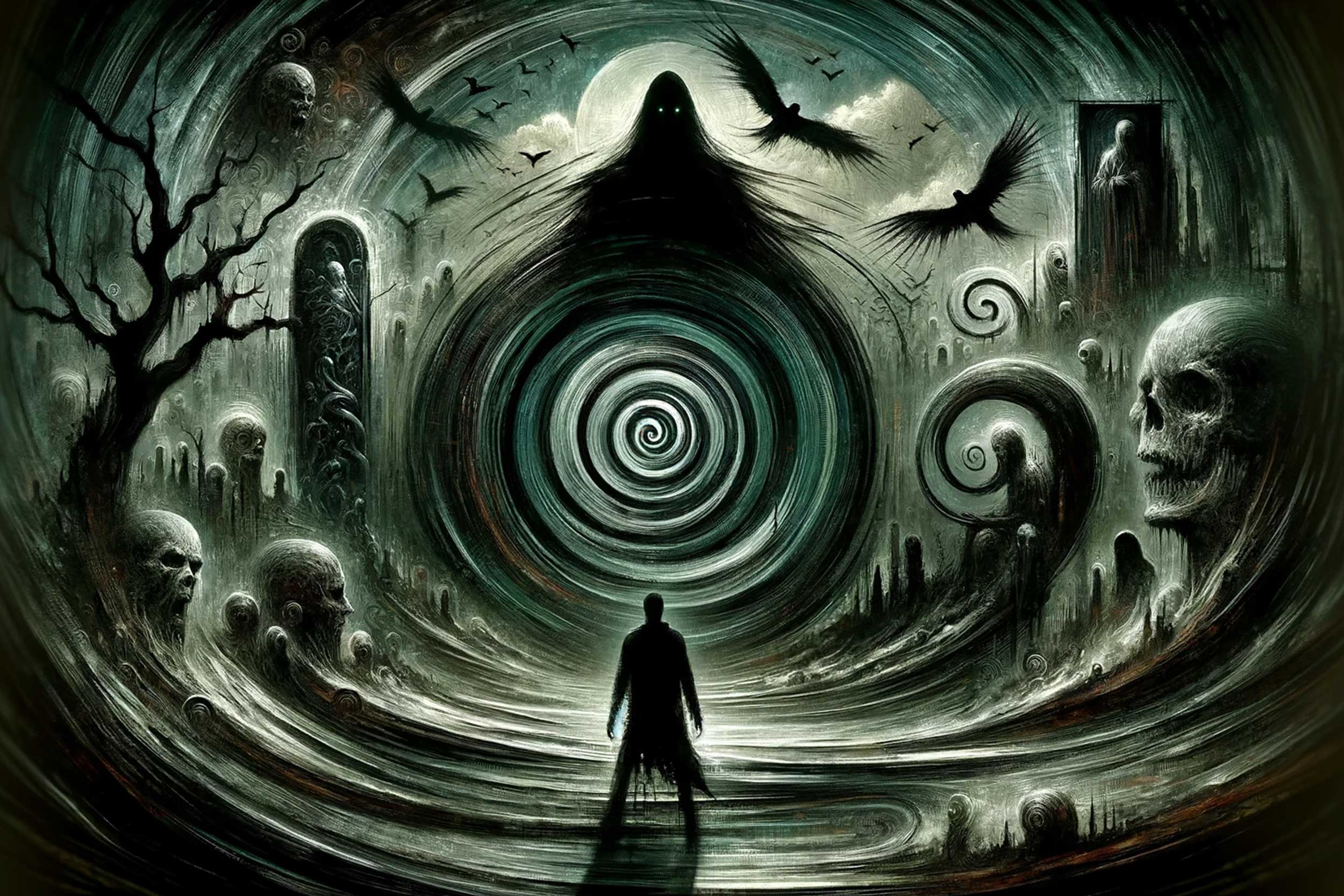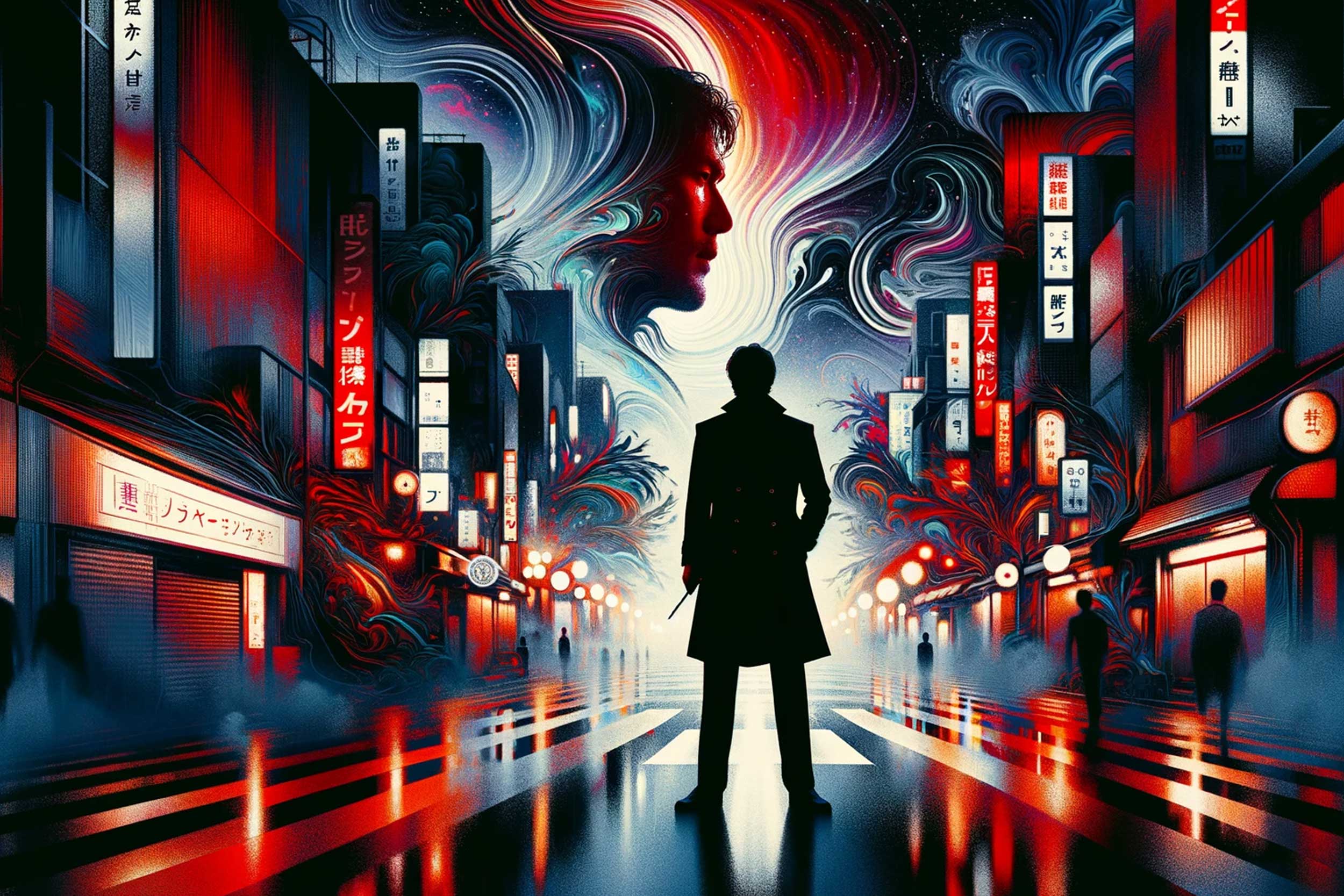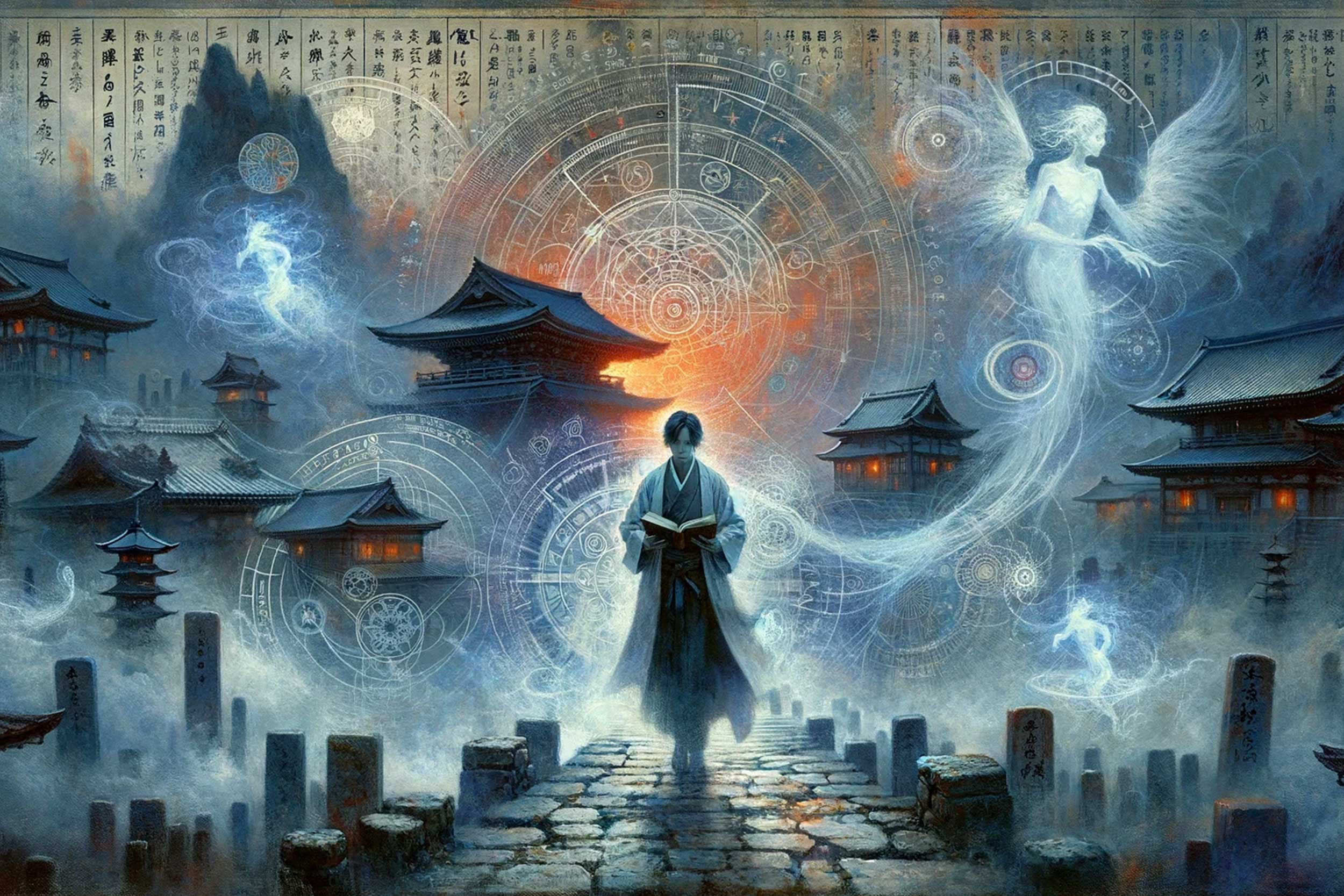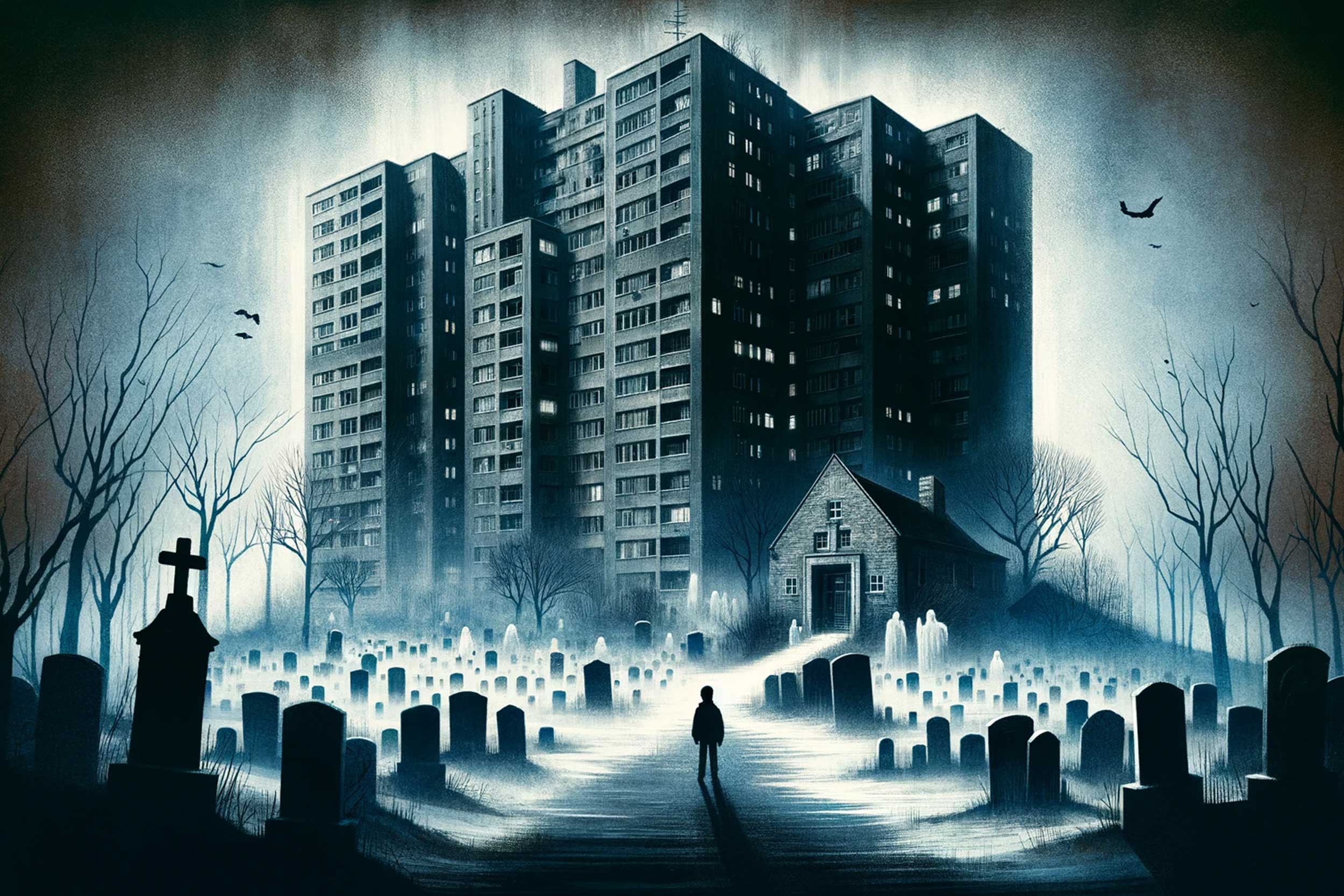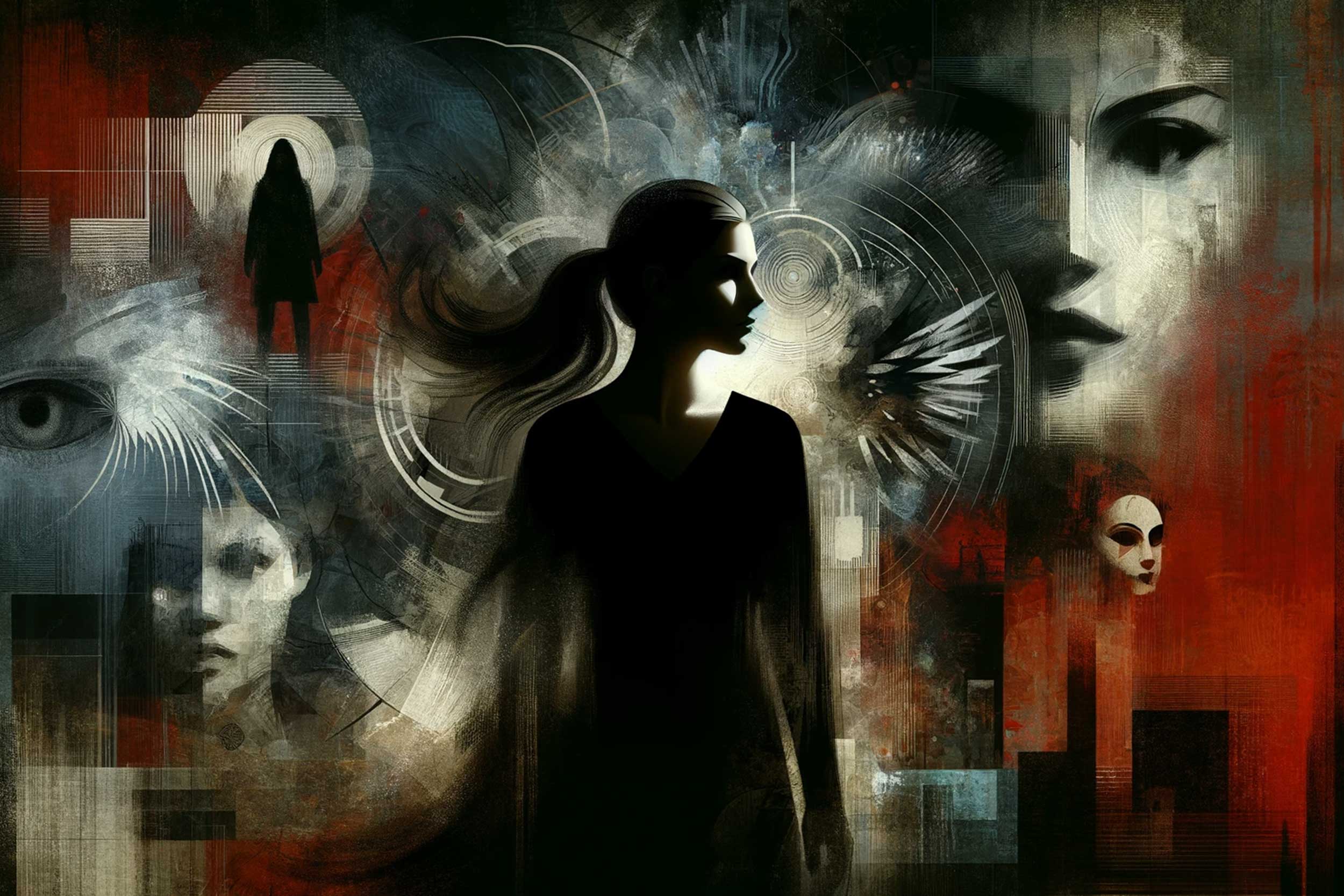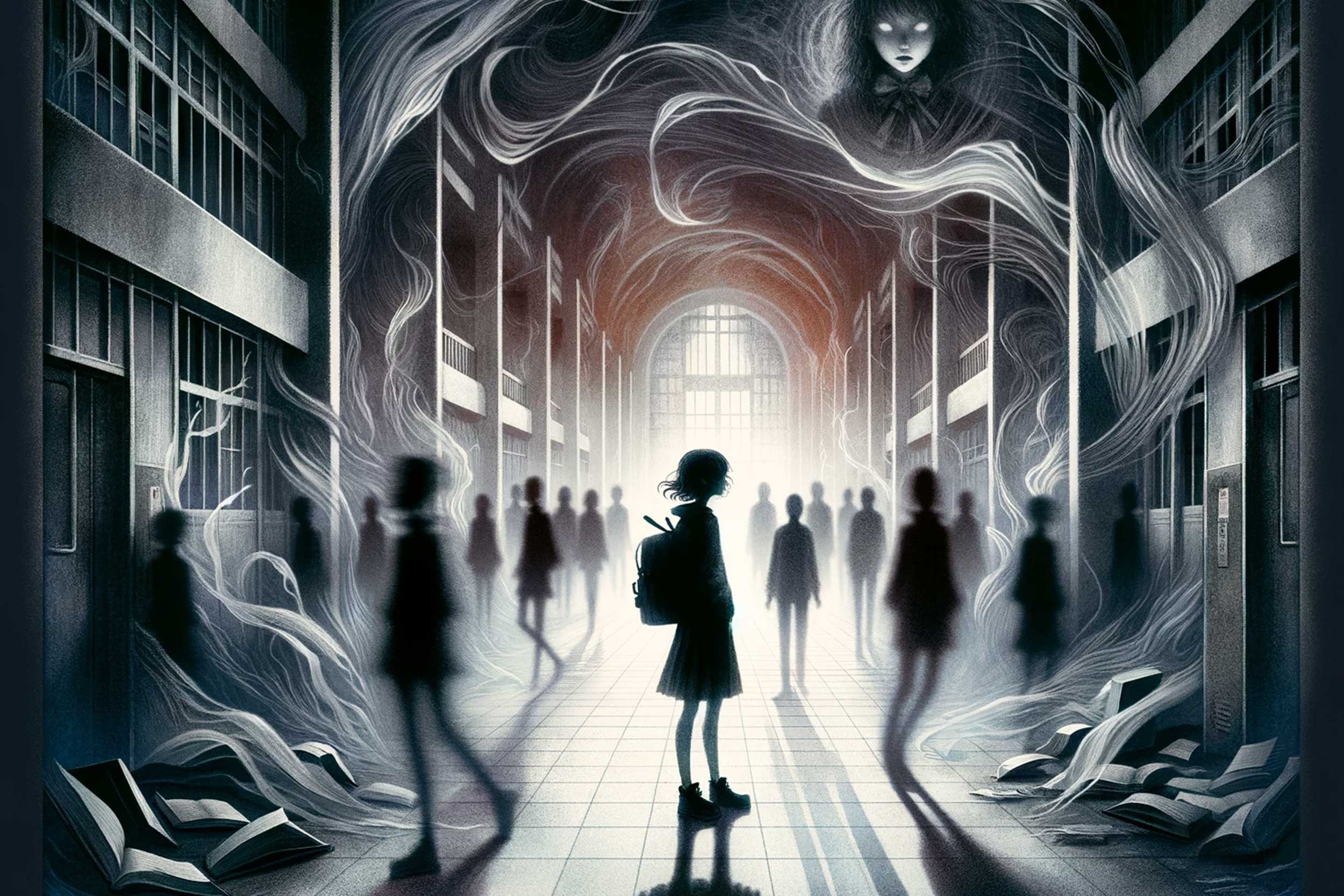Disclosure: This post may contain affiliate links, which means I’ll receive a commission if you decide to make a purchase through my link, at no extra cost to you. Please read the full disclosure for more info.
Japanese horror, with its unique blend of psychological terror and deep cultural influences, has been captivating readers around the world. Unlike the often direct and visceral horror found in Western literature, Japanese horror novels excel in creating an eerie, unsettling atmosphere that slowly gets under your skin. From ghost stories steeped in traditional Japanese folklore to modern Japanese horror that explores the anxieties of contemporary society, these novels offer a diverse and rich experience. The growing global interest in Japanese literature has seen these novels gaining popularity, as more readers are intrigued by the subtle, often psychological approach to horror that these stories present.
Parasite Eve
by Hideaki Sena
Seminal work blending body horror with scientific terror. Innovative narrative, redefining horror through its exploration of the human body.
Buy On Amazon
Buy On Amazon
Collection of short stories showcasing suburban horror. Known for dark tales and atmosphere of dread, influencing horror movies and graphic novels.
by Otsuichi
Zoo
Buy On Amazon
A psychological horror set on a mysterious red planet. Explores survival and human nature, blending horror with psychological drama.
by Yusuke Kishi
The Crimson Labyrinth
Buy On Amazon
Part of the Ring series, featuring a deadly videotape. Blends traditional ghost stories with modern horror, influencing Japanese horror cinema.
Spiral (The Ring)
by Koji Suzuki
Buy On Amazon
A blend of horror and crime novel set in Tokyo’s nightlife. Explores alienation and darker human nature, with evocative writing capturing Tokyo’s atmosphere.
In the Miso Soup
by Ryu Murakami
Buy On Amazon
Combines traditional folklore with modern psychological horror. Intricate plot integrating detective fiction with the supernatural, offering a unique reading experience.
The Summer of the Ubume
by Natsuhiko Kyogoku
Buy On Amazon
Psychological horror set in a suburban apartment next to a graveyard. Explores urban legends and fear of the unknown, creating a lasting sense of dread.
The Graveyard Apartment
by Mariko Koike
Buy On Amazon
Intense psychological thriller about a teacher seeking vengeance for her daughter’s murder. Sharp storytelling with deep psychological exploration, adapted into a movie.
Confessions
by Kanae Minato
Buy On Amazon
Horror-mystery novel set in a suburban Middle School. Combines traditional ghost stories with modern thriller elements, focusing on the unseen and unknown.
Another
by Yukito Ayatsuji
Table of Contents
Key Takeaways:
-
Unique Horror Style:
Japanese horror novels are known for their psychological terror, cultural influences, and an atmosphere that gradually intensifies, differing from the direct horror of Western literature. -
Diverse Themes:
These novels range from traditional ghost stories rooted in Japanese folklore to contemporary horror reflecting societal anxieties, offering a rich and varied reading experience. -
Global Popularity:
There's growing international interest in these novels, partly due to their subtle and psychological approach to horror. -
Innovative and Influential:
Works like "Parasite Eve" and "Spiral (Ring)" have redefined horror with their unique blend of science fiction, traditional ghost stories, and modern societal fears, influencing literature and cinema. -
Psychological Depth:
Many of these novels, such as "The Crimson Labyrinth" and "In the Miso Soup," delve deep into the human psyche, exploring themes like survival, alienation, and the darker aspects of human nature. -
Fusion of Genres:
These stories often blend horror with other genres like mystery, folklore, and crime, exemplified in novels like "The Summer of the Ubume" and "Another," creating a compelling narrative style.
Parasite Eve: Unraveling the Terror
Zoo: Otsuichi's Masterpieces And New Dimension in Horror
The Crimson Labyrinth: Yusuke Kishi's Twisted World
Spiral (Ring): Koji Suzuki's Spiral into Darkness
In the Miso Soup: Ryu Murakami's Disturbing Realities
The Summer of the Ubume: A Fusion of Horror and Mystery
The Graveyard Apartment: A Haunting Tale
Confessions: Kanae Minato's Psychological Thriller
Another: Yukito Ayatsuji's World of Unseen Horrors
Conclusion
Japanese horror novels stand out for their unique ability to blend traditional elements with modern sensibilities, creating stories that linger in the mind long after the last page is turned. These novels often delve deeper than mere scares, exploring psychological themes and societal issues, making them more than just horror books but reflections of the human condition. For readers new to this genre, embarking on this journey can be a thrilling discovery. From the unsettling tales of Koji Suzuki to the psychological depths of Kanae Minato, there is a rich tapestry of stories to explore. Each novel offers a window into the diverse and captivating world of Japanese horror, a genre that continues to evolve and inspire horror fiction worldwide. Whether you are a seasoned reader of horror or new to the genre, these novels are sure to get under your skin, offering a reading experience unlike any other.
FAQ: Questions and Answers
What makes Japanese horror novels different from Western horror literature?
Japanese horror novels often focus on psychological horror and subtle terror, rather than overt gore and shock. They frequently incorporate elements of Japanese folklore and societal issues, creating a unique blend of cultural depth and unsettling atmosphere.
Are there any common themes in Japanese horror novels?
Common themes include the supernatural, the consequences of past actions, psychological turmoil, and societal pressures. Ghost stories and urban legends are also prevalent, often reflecting traditional Japanese beliefs and values.
How do Japanese horror novels blend with other genres like thriller and mystery?
Many Japanese horror novels intertwine with thriller and mystery elements, using suspense and intricate plotting to heighten the sense of dread. This blend creates a multi-layered narrative that keeps readers engaged and on edge.
What are some recommendations for Japanese horror literature?
Key recommendations include “Spiral” by Koji Suzuki, “Parasite Eve” by Hideaki Sena, “The Graveyard Apartment” by Mariko Koike, and “Confessions” by Kanae Minato.
What are some terrifying Japanese novels?
Some particularly terrifying novels are “Another” by Yukito Ayatsuji, “In the Miso Soup” by Ryu Murakami, and “The Graveyard Apartment” by Mariko Koike, which is extremely disturbing haunting tale.
Japanese horror novels often focus on psychological horror and subtle terror, rather than overt gore and shock. They frequently incorporate elements of Japanese folklore and societal issues, creating a unique blend of cultural depth and unsettling atmosphere.
Are there any common themes in Japanese horror novels?
Common themes include the supernatural, the consequences of past actions, psychological turmoil, and societal pressures. Ghost stories and urban legends are also prevalent, often reflecting traditional Japanese beliefs and values.
How do Japanese horror novels blend with other genres like thriller and mystery?
Many Japanese horror novels intertwine with thriller and mystery elements, using suspense and intricate plotting to heighten the sense of dread. This blend creates a multi-layered narrative that keeps readers engaged and on edge.
What are some recommendations for Japanese horror literature?
Key recommendations include “Spiral” by Koji Suzuki, “Parasite Eve” by Hideaki Sena, “The Graveyard Apartment” by Mariko Koike, and “Confessions” by Kanae Minato.
What are some terrifying Japanese novels?
Some particularly terrifying novels are “Another” by Yukito Ayatsuji, “In the Miso Soup” by Ryu Murakami, and “The Graveyard Apartment” by Mariko Koike, which is extremely disturbing haunting tale.
Common themes include the supernatural, the consequences of past actions, psychological turmoil, and societal pressures. Ghost stories and urban legends are also prevalent, often reflecting traditional Japanese beliefs and values.
How do Japanese horror novels blend with other genres like thriller and mystery?
Many Japanese horror novels intertwine with thriller and mystery elements, using suspense and intricate plotting to heighten the sense of dread. This blend creates a multi-layered narrative that keeps readers engaged and on edge.
What are some recommendations for Japanese horror literature?
Key recommendations include “Spiral” by Koji Suzuki, “Parasite Eve” by Hideaki Sena, “The Graveyard Apartment” by Mariko Koike, and “Confessions” by Kanae Minato.
What are some terrifying Japanese novels?
Some particularly terrifying novels are “Another” by Yukito Ayatsuji, “In the Miso Soup” by Ryu Murakami, and “The Graveyard Apartment” by Mariko Koike, which is extremely disturbing haunting tale.
Many Japanese horror novels intertwine with thriller and mystery elements, using suspense and intricate plotting to heighten the sense of dread. This blend creates a multi-layered narrative that keeps readers engaged and on edge.
What are some recommendations for Japanese horror literature?
Key recommendations include “Spiral” by Koji Suzuki, “Parasite Eve” by Hideaki Sena, “The Graveyard Apartment” by Mariko Koike, and “Confessions” by Kanae Minato.
What are some terrifying Japanese novels?
Some particularly terrifying novels are “Another” by Yukito Ayatsuji, “In the Miso Soup” by Ryu Murakami, and “The Graveyard Apartment” by Mariko Koike, which is extremely disturbing haunting tale.
Key recommendations include “Spiral” by Koji Suzuki, “Parasite Eve” by Hideaki Sena, “The Graveyard Apartment” by Mariko Koike, and “Confessions” by Kanae Minato.
What are some terrifying Japanese novels?
Some particularly terrifying novels are “Another” by Yukito Ayatsuji, “In the Miso Soup” by Ryu Murakami, and “The Graveyard Apartment” by Mariko Koike, which is extremely disturbing haunting tale.
Some particularly terrifying novels are “Another” by Yukito Ayatsuji, “In the Miso Soup” by Ryu Murakami, and “The Graveyard Apartment” by Mariko Koike, which is extremely disturbing haunting tale.
Subscribe To Our Newsletter
Subscribe to our newsletter to never miss a new post and get notified when a new horror podcast episode is released.
Subscribe To Our Newsletter
Subscribe to our newsletter to never miss a new post and get notified when a new horror podcast episode is released.
- Tomaz
- November 23, 2024
- Tomaz
- November 16, 2024
Latest Episodes
Fearmort Podcast
Fearmort Podcast is a horror podcast based on fictional stories placed in a small fictionalized town in the United Kingdom, called Moorton. Stories are full of events, unpredictable characters, and twists that will chill you to the core.
Support Us On Patreon
Support our horror podcast and enjoy ad-free, without interruptions horror stories two days before public release on all platforms and get ability to download all episodes in mp3 format.
Podcast
This website is a participant in the Amazon Services LLC Associates Program, an affiliate advertising program designed to provide a means for sites to earn advertising fees by advertising and linking to amazon.com.
Functional Always active
Preferences
Statistics
Marketing
Functional Always active
Preferences
Statistics
Marketing
Support our horror podcast and enjoy ad-free, without interruptions horror stories two days before public release on all platforms and get ability to download all episodes in mp3 format.
Send us your story to be professionally narrated and featured on our YouTube Channel.
Support our horror podcast and enjoy ad-free, without interruptions horror stories two days before public release on all platforms and get ability to download all episodes in mp3 format.
LISTEN TO OUR HORROR PODCAST


